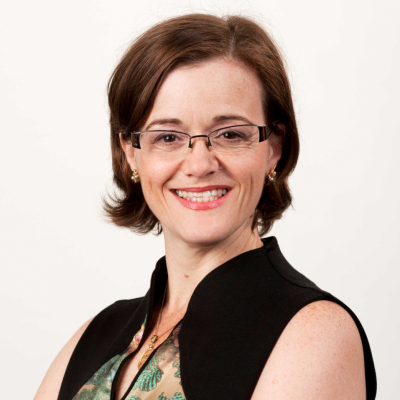2022 IATEFL Conference Plenary: (Re)imaging and (re)inventing early English language learning and teaching
Abstract
The first two decades of the 21st century have witnessed the unprecedented rise of teaching English to ever younger children around the world. Major socio-political, economic and technological shifts, as well as parental pressure, have prompted policy makers to include the learning of a foreign language, that is, English, in the primary years. Hailed as a passport to a better future, linked to improved economic growth and facilitating international communication, the runaway train of early English language learning was powered by a ‘younger is better’ fallacy. Inevitably, it left behind a trail of inappropriate adult-focused approaches, inadequately trained teachers and bewildered researchers and educators, who have laboured over the years to develop a better understanding of early language learning. The welcome increase in research-informed pedagogy, developmentally appropriate practices and classroom-based teacher education is bringing fundamental methodological and theoretical insights into this growing area. But, what have we learnt over the last twenty years and are we ready for the consequences of the proverbial train journeying into uncharted terrain as English is increasingly taught in the pre-primary years? Going beyond unhelpful debates about an early start, this plenary invites teachers, researchers, educators, writers and others to board the train and (re)invent early language learning. In a post-COVID society, undergoing extreme transformation due to intense migration and climate change, where linguistically and culturally diverse classrooms are becoming the norm, with children’s and minority rights to consider, and a need to educate global citizens, I will explore ways to (re)imagine English language learning and teaching to ever younger learners. In the crossroads, are the teachers, who need the skills (whole-child approaches, holistic and contextualized pedagogy) and policy decisions that are backed by adequate financing and underpinned by robust research, to respond confidently and knowledgeably to these new challenges.
Bio data
Nayr Ibrahim is Associate Professor of English Subject Pedagogy at Nord University in Norway. She has over 25 years of experience in English and bilingual education in Portugal, Hong Kong, Cairo, Paris, and Norway as teacher, teacher educator, materials writer, manager and researcher. Nayr holds a MA in TEFL and a PhD in trilingualism, triliteracy and identity from the University of Reading. She specializes in early language learning, with interests in bi/multilingualism, multiple literacies, language and identity, learning to learn, children’s voices, children’s literature and intercultural learning. Her book with Gail Ellis, Teaching children how to learn, Delta Publishing, won an award at the 2016 ESU English Language Awards in the category, Resources for Teachers. She has participated in EU projects on multilingualism, including reviewing the EU's Key Competencies for Lifelong Learning (2018). She is local coordinator for the Erasmus+ project, ICEPELL, and peer reviewer for the CLELE journal.

